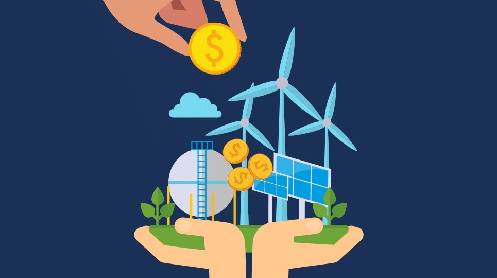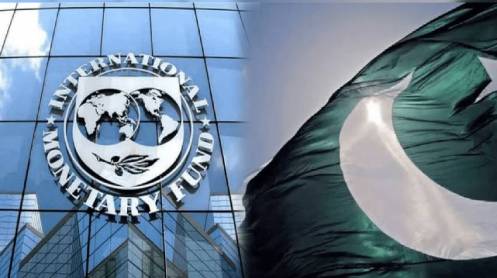To strengthen Pakistan’s efforts in meeting its Nationally Determined Contributions (NDCs) under the Paris Agreement, federal and provincial planning and development officials participated in a two-day training workshop aimed at integrating carbon markets into government project approval processes. Organized by the Supporting Preparedness for Article 6 Cooperation (SPAR6C) programme, the workshop was held from September 30 to October 1, 2024, at Serena Hotel, Islamabad.
With Pakistan targeting a 50% reduction in projected emissions by 2030—15% from domestic resources and 35% contingent on international finance—the training emphasized the importance of carbon markets under Article 6 of the Paris Agreement. By leveraging these markets, Pakistan could potentially secure $2 to $5 billion by 2030, providing a significant financial boost to climate mitigation projects.
The workshop, which saw over 50 officials in attendance, provided an overview of the international carbon market, strategies for designing Article 6 projects, and methods to incorporate carbon market opportunities into public investment project development. Aisha Humera, Secretary of the Ministry of Climate Change and Environmental Coordination, encouraged participants to embrace this opportunity, stating, “This is a golden chance to learn a cutting-edge approach to project development and carbon credit acquisition.”
Janine Rohwer, First Secretary of the German Embassy, praised the initiative for empowering developing countries like Pakistan to benefit from the international carbon market, urging participants to view voluntary emissions trading as a valuable financing tool.
The SPAR6C programme, funded by the German Federal Ministry for Economic Affairs and Climate Action, aims to support countries like Pakistan in effectively engaging in international carbon markets, with a focus on capacity building, policy advice, and technical assistance.
Provincial officials, including Afrasiyab Khattak from Khyber Pakhtunkhwa and Mehnaz Kant from Azad Jammu and Kashmir, highlighted the untapped potential of carbon credits in areas like forestry and hydropower. They called for broader political buy-in to fully capitalize on these opportunities.
The workshop concluded with positive feedback and a commitment to further training, as participants recognized the transformative potential of carbon markets in Pakistan’s climate strategy and sustainable development goals.





